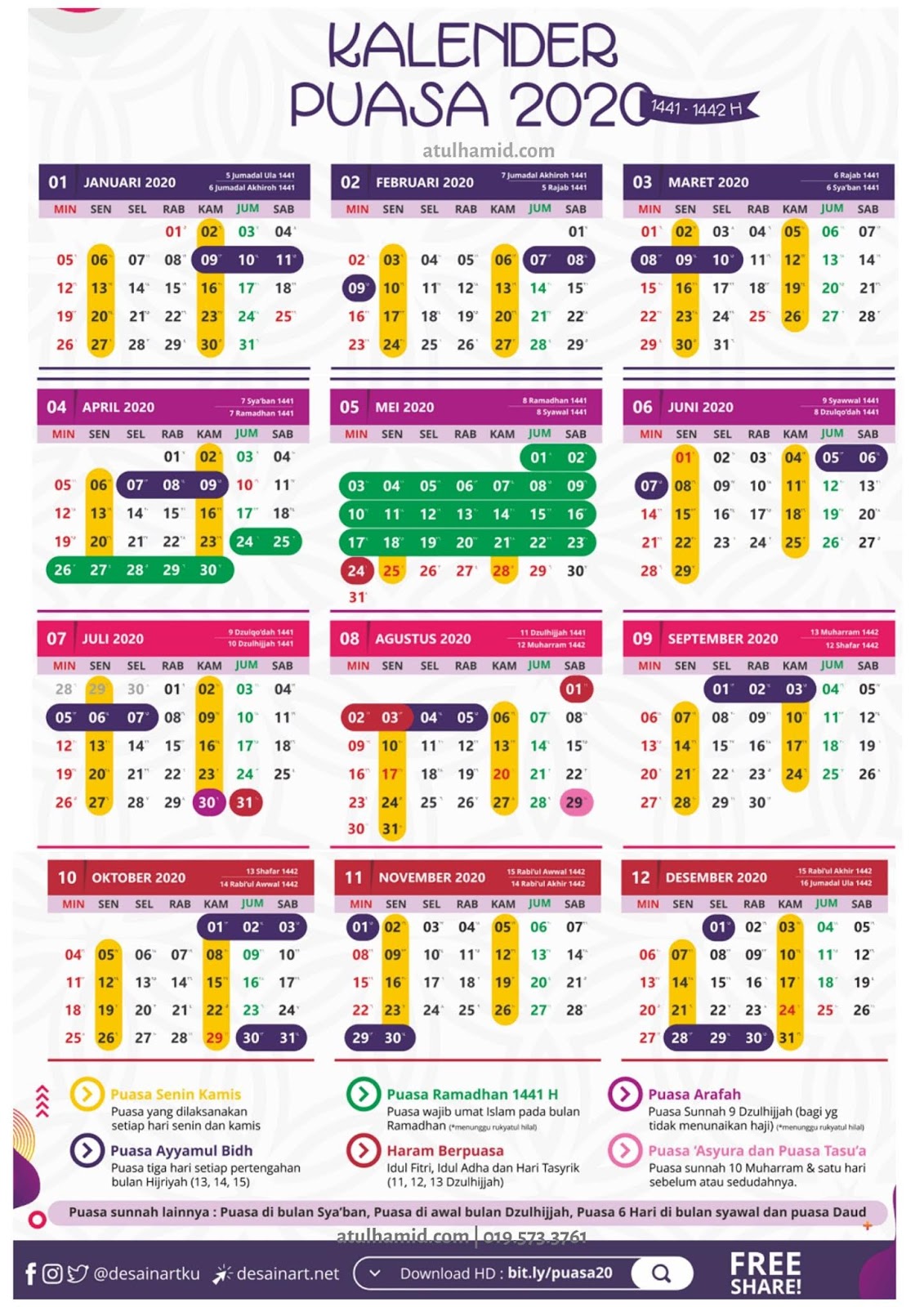Unlocking Spiritual Growth: A Journey Through Voluntary Fasting in Islam
In the tapestry of Islamic practices, fasting holds a prominent place. While Ramadan's obligatory fast is well-known, a subtler yet equally powerful form exists - voluntary fasting, or 'puasa sunat' in Malay. This practice, woven into the fabric of Islamic tradition, offers a path to heightened spirituality and self-discipline. But what exactly does it entail? What motivates individuals to embrace this voluntary act of devotion?
Imagine a practice that transcends mere physical abstinence, a journey of spiritual cleansing and deepening connection with the Divine. This is the essence of 'puasa sunat'. It's a personal commitment, a conscious choice made outside the realm of obligation, driven by a desire to attain closeness to Allah and reap its multifaceted rewards. It's a testament to the strength of faith, a silent conversation between an individual and their Creator.
The origins of voluntary fasting are rooted in the life of Prophet Muhammad (peace be upon him), who frequently observed these fasts. His example illuminates the significance of this practice within the Islamic tradition. It's not merely an act of imitation but an embodiment of his teachings, a striving to emulate his piety and devotion.
The significance of 'puasa sunat' lies not only in its spiritual benefits but also in its capacity to cultivate self-discipline, empathy, and gratitude. By abstaining from food and drink, individuals experience a heightened sense of awareness, a reminder of the blessings often taken for granted. This awareness, in turn, fosters a deeper appreciation for the bounties bestowed by Allah.
Furthermore, voluntary fasting serves as a testament to the strength of faith, a demonstration of unwavering commitment to the principles of Islam. It's a conscious decision to prioritize spiritual growth, to forgo worldly desires in pursuit of a higher purpose. This act of selflessness and devotion holds profound meaning within the Islamic faith, strengthening the bond between an individual and their Creator.
Benefits and Challenges of Voluntary Fasting
| Benefits | Challenges |
|---|---|
| Increased spirituality and connection with Allah | Potential physical weakness, especially during long fasts |
| Cultivation of self-discipline and willpower | Difficulty concentrating, especially in the initial stages |
| Enhanced empathy and gratitude | Social pressures and the need to explain the practice to others |
In conclusion, 'puasa sunat', voluntary fasting in Islam, is a profound practice that transcends physical abstinence. It's a journey of spiritual cleansing, self-discipline, and heightened awareness, a testament to the unwavering faith and devotion of those who embrace it. By incorporating this practice into their lives, individuals unlock a path to deeper connection with Allah, cultivate personal growth, and reap the multifaceted rewards that come with this act of worship. Embark on this journey of spiritual enrichment and discover the transformative power of voluntary fasting.
Contoh teks ucapan rasmi menggenggam kata memikat hati
Borang permohonan tambang gantian
Menyelami makna mendalam allahumma inni auzubika minal kufri wal faqri














